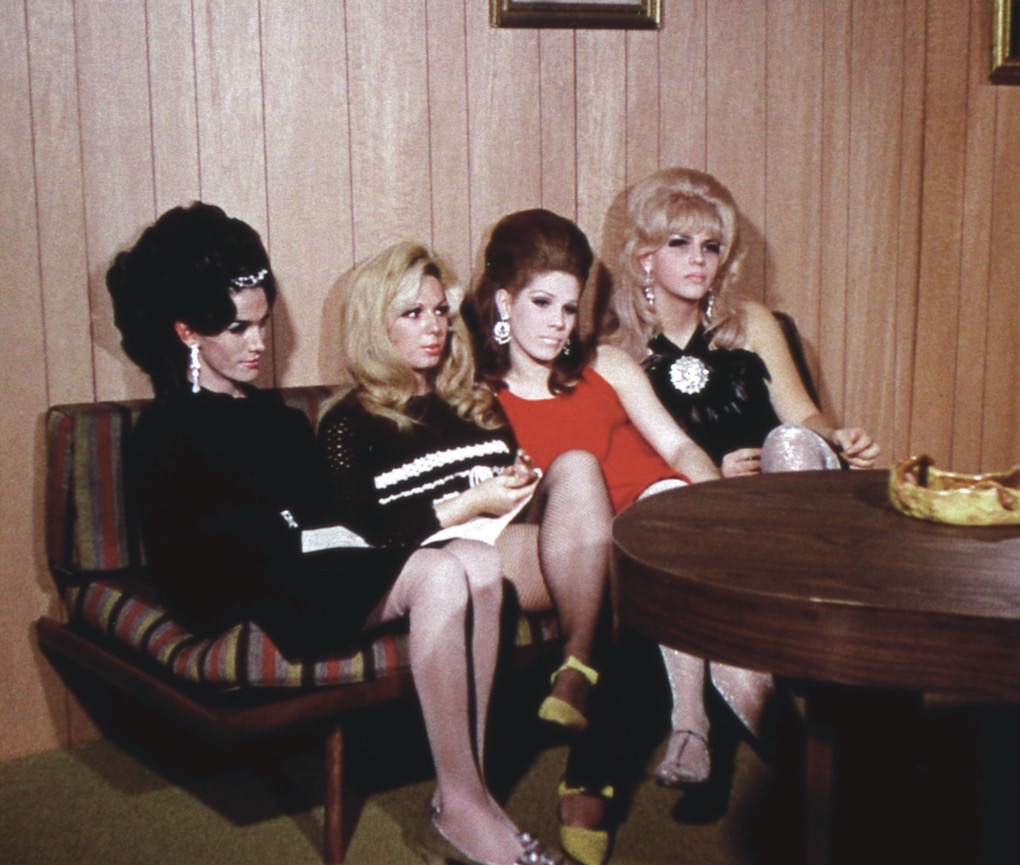
Vineri, 23 februarie, începând cu ora 14.00, Teatrelli vă invită la o discuție relaxată între doi artiști ai momentului: autorul Édouard Louis și regizorul Eugen Jebeleanu.
Dialogul va avea loc în limba franceză cu traducere live.
Întâlnirea are loc în contextul premierei spectacolului „Lupte și metamorfoze” după romanul „Luptele și metamorfozele unei femei” și fragmente din „Cine l-a ucis pe tata?” de Edouard Louis, regizat de Eugen Jebeleanu, la Teatrelli.
Cand am citit prima dată cărțile lui Édouard Louis am fost imediat impactat de tonul franc pe care autorul îl avea. Faptul că se spun lucrurilor pe nume, fără (auto)cenzură, mi-a trezit interesul pentru a pune în scenă această scriitură crudă și necesară. Autorul tratează teme extrem de relevante pentru generația tânară de azi: construcția identității în societatea contemporană, diferențele de clasă socială și impactul acestei disfuncții în viața intimă, descoperirea și asumarea homosexualității, politicul care influențează traiul oamenilor de rând până la moarte, înfrângerile și ratările individuale și colective, dar și speranța că o nouă revoluție populară e posibilă.
Problemele generației lui Édouard Louis (care e și a mea) cauzate de confruntările cu propriile rădăcini din mediul familial rural francez, dar și frământările noii generații, cu visele și deziluziile sale, cu luptele sale în combaterea arhaismului și a patriarhatului, precum și ieșirea din invizibilitate cu privire la abuzurile din câmpul muncii și protestele sale împotriva corupției și a sistemului de sănătate contaminat de supremația banului, sunt câteva teme pe care le propun pentru acest dialog. – Eugen Jebeleanu
Evenimentul este realizat cu sprijinul Institutului Francez din România.
Partener media principal: Radio Guerilla
Parteneri media: Radio România Cultural, Ziarul Metropolis, IQads, happ.ro
